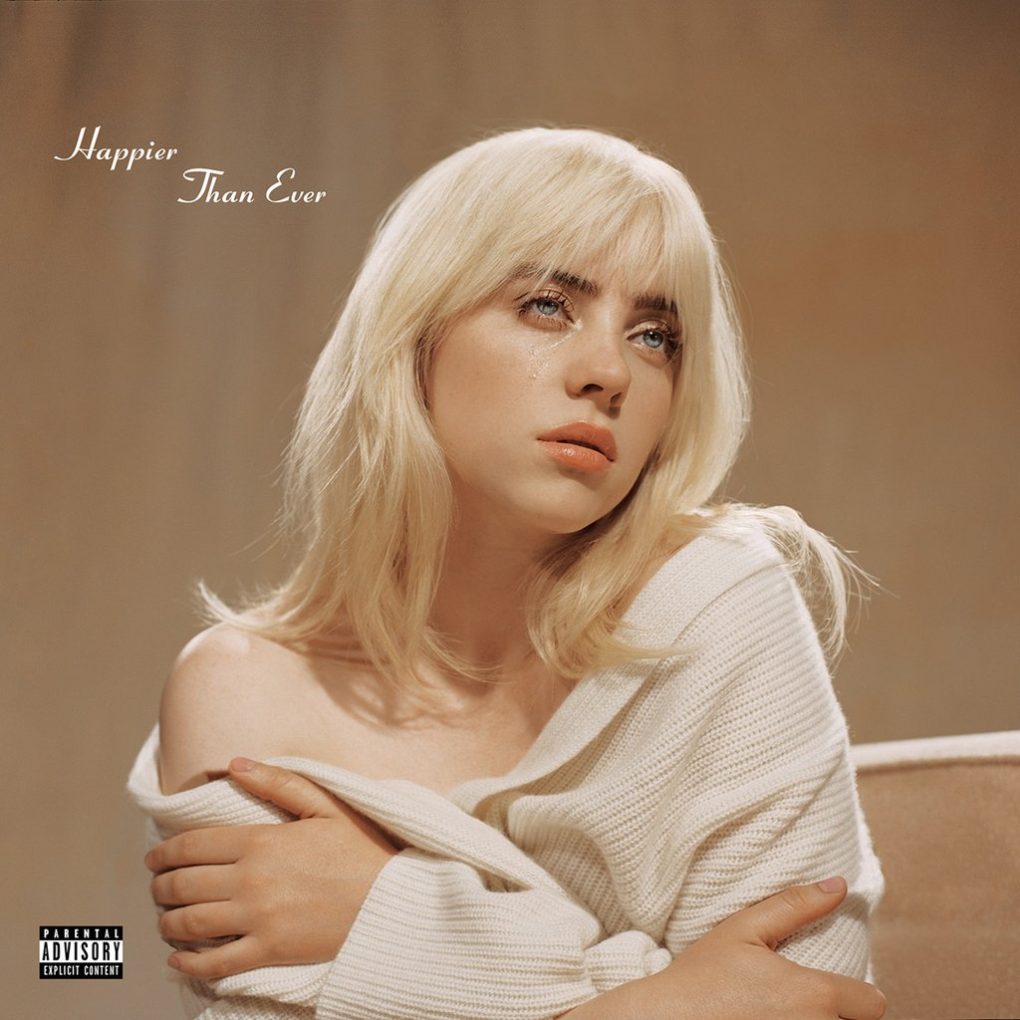When a musician experiences seemingly out-of-nowhere success and enjoys widespread critical and commercial success, the pressure to follow up must be incredibly intense.
Plus, the two possible directions for that follow-up will almost certainly leave some fans disappointed; stick with the formula that was successful and people will say you’re not growing. Do something different and you will generate the I-only-like-their-early-stuff kind of fan.
So what do you do? Stick with the formula, or try something new?
In my opinion – bearing in mind that I’ve never had to follow up a success – the only real option is to do something different.
If an artist works away in anonymity and produces a smash hit, then the conditions that created that hit are now gone. The spotlight is on, so trying to recreate a formula that had anonymity at its core is impossible.
Billie Eilish appears to be at this kind of crossroads in her career, despite still being a teenager.
Her breakthrough, recorded in a bedroom and seemingly addressed directly at her ardent internet fanbase, featured material that, lyrically, was very inward-focused. Her 2021 release, Happier Than Ever, sees her turning her focus outward, addressing all the topics that tend to come up when an artist puts out an “I hate fame” type of record.
And why not?
The ridiculous debates about how she dresses, how she ought to dress, whether her family is taking the right approach to her career, et cetera et cetera. At 19, I got stressed out if someone looked at me weird. I cannot imagine being in Eilish’s position in an age where everyone with an internet connection has their own spotlight, microscope, and megaphone.
What makes this a beautiful song:
1. In case you doubted that Eilish was willing to try something new, this song opens with her interpretation of a section of the “Hymn to Vena” by Gustav Holst – a 20th-Century British composer featured here in week 554. Who does that in the pop world? Nobody does that.
2. Billie’s brother and producer Finneas deserves as much credit as Billie herself. On this track, he makes Billie sound like a choir of boy sopranos, then builds a dark, driving instrumental from a chopped-up moment of that section, as Billie’s voice returns to its traditional whisper that always feels like it’s coming from right next to your ear drum.
3. Lyrically, the song is a warning to someone who is young and untraumatized: “Gold-winged angel / Go home, don’t tell anyone what you are / You’re sacred and they’re starved / and their art is getting dark.” Feels like a warning to someone who’s on the other side of the crossroads where she currently finds herself.
Recommended listening activity:
Muting your social media channels.
